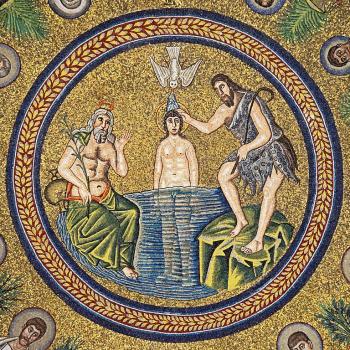"One, two . . ." Even though Krman knew without doubt that he was the fastest gunfighter alive, he was not one to give an opponent an even chance. Krman drew his ray gun on two.
The instant his ray gun cleared its holster a puzzled look appeared on Krman's face. One hand still held his half-lifted, unfired weapon. He would never shoot it, not this time at Corsaire, not ever again. Jelnle Krman was dead.
[. . . ]
None of the others had seen Corsaire draw. Yet he had, and fired, and killed.
That single action reminded Corsaire's enemies why he had triumphed over them originally. Suddenly revenge didn't seem quite as important as staying alive. Corsaire's remaining enemies shuffled their feet, slowly working their way toward the door. Dirty Gerty broke into the run that started the stampede. The remaining eleven bidders bolted out of the ballroom at top speed, almost trampling one another in their eagerness to put as much distance as possible between themselves and Victor Corsaire.
Corsaire had suspected that's how it would end. For all of their bluster, these thugs were cowards at heart.
Corsaire let them go. His fight wasn't with them, not now and not here. Corsaire had a much more lethal foe, one he knew would not run away.
As with the best space opera, Space Vulture is also a tale of good versus evil. We don't have to know much about the characters to recognize the strengths and faults that are inherent in each. We can see the choices that bring personal growth, what makes a hero, and the importance of family. The clichés that are the building blocks of space opera are those that we feel on the most basic levels: might doesn't equal right, sacrifice is redemptive, and love conquers all.
As one might expect with an archbishop as coauthor, there is a bit more religion than is usual in a pulp novel and some of the violence is a touch more sanitized. However, this doesn't detract from the overall novel. The underlying worldview of classic pulp science fiction is echoed in this book. It is simply mentioned more openly in Space Vulture.
This novel was written in 2008 but it takes us back to a simpler time when fun and wonder were paramount. Wolf and Meyers clearly had a good time writing Space Vulture. Almost as good a time as you'll have reading it. Golly gee, you don't want to miss this fun!





